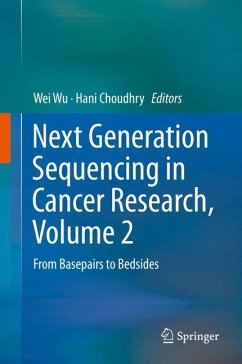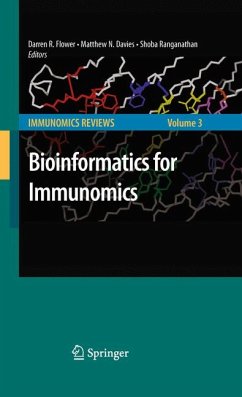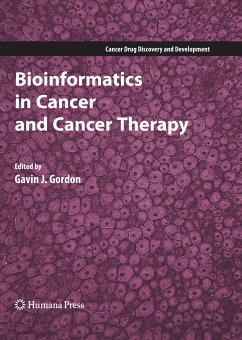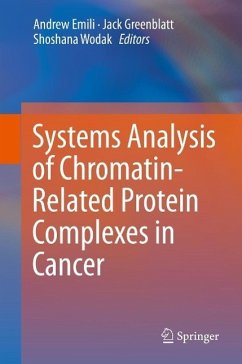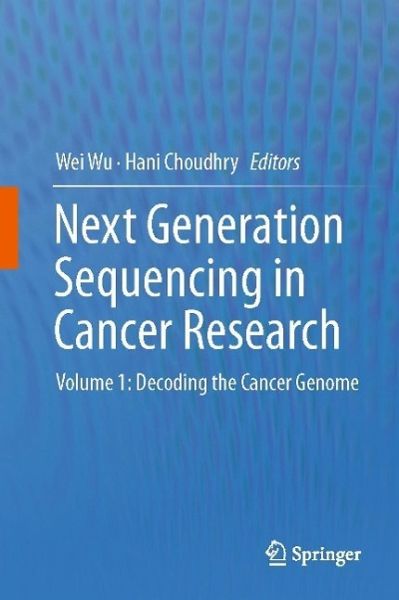
Next Generation Sequencing in Cancer Research (eBook, PDF)
Volume 1: Decoding the Cancer Genome
Redaktion: Wu, Wei; Choudhry, Hani
Versandkostenfrei!
Sofort per Download lieferbar
136,95 €
inkl. MwSt.
Weitere Ausgaben:

PAYBACK Punkte
68 °P sammeln!
¿¿¿¿This volume provides an interdisciplinary perspective of applying Next Generation Sequencing (NGS) technology to cancer research. It aims to systematically introduce the concept of NGS, a variety of NGS platforms and their practical implications in cancer biology.This unique and comprehensive text will integrate the unprecedented NGS technology into various cancer research projects as opposed to most books which offer a detailed description of the technology. This volume will present true experimental results with concrete data processing pipelines, discuss the bottleneck of each platf...
¿¿¿¿This volume provides an interdisciplinary perspective of applying Next Generation Sequencing (NGS) technology to cancer research. It aims to systematically introduce the concept of NGS, a variety of NGS platforms and their practical implications in cancer biology.This unique and comprehensive text will integrate the unprecedented NGS technology into various cancer research projects as opposed to most books which offer a detailed description of the technology. This volume will present true experimental results with concrete data processing pipelines, discuss the bottleneck of each platform for real project in cancer research. In additional, single cancer cell sequencing as the proof of concept will be introduced in this book, along with cutting-edge information provided will help the intended audience to develop a comprehensive understanding of the NGS technology and practical whole genome sequencing data analysis and rapidly translate into their own research, specifically in the field of cancer biology.
Dieser Download kann aus rechtlichen Gründen nur mit Rechnungsadresse in A, B, BG, CY, CZ, D, DK, EW, E, FIN, F, GR, HR, H, IRL, I, LT, L, LR, M, NL, PL, P, R, S, SLO, SK ausgeliefert werden.




